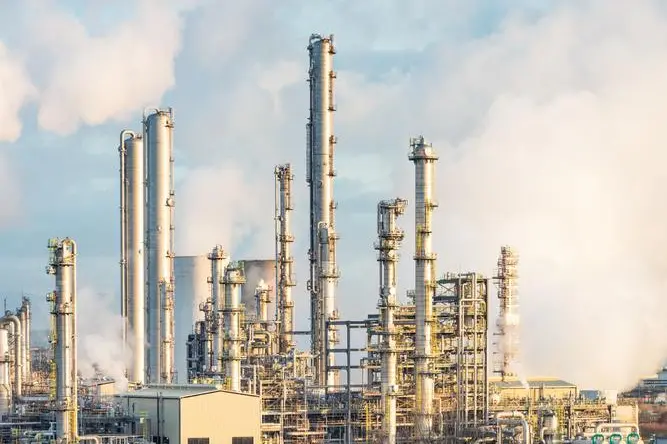PHOTO
DESPITE the recent military attacks on Iran, which is an oil-producing nation that is located in the heart of the Arabian Gulf and a member of OPEC+, there have been no significant changes. Iran is a crucial supplier of over 20 million barrels per day to the world. The current situation is highly precarious and could potentially sow chaos and disruption worldwide, with limited resources available. Despite the military attack occurring less than 12 hours ago, the markets have remained largely unaffected, with oil prices remaining static and even dropping below $90 a barrel. Currently, they stand at less than $88 a barrel. As the time for peak demand for this year is quickly running out, further weakening is anticipated.
Even though the two oil-producing countries – Iran and Russia – are on the brink of war, oil prices have remained relatively stable. Russia’s crude oil production has decreased, and its refineries are operating at almost 50% capacity, resulting in limited oil products available for export, particularly to its European neighbors. Yet, the oil market has shown little reaction to these developments. Last week, Iran was subjected to an attack, but fortunately, it did not target its oil production or export facilities. This resulted in a situation where damage was limited, which was a fortunate outcome. So what is happening to the oil markets? Is it simply because of the sufficient or plentiful supply?
There are approximately 6 million barrels of spare capacity, with around 3 million barrels falling under the OPEC+ quota system. Newcomers among the producing countries are maximizing their output at the current level, and under the protection of OPEC+ production. The USA, Brazil, Canada, and Guyana are pouring more volume and testing the markets while searching and exploring new outlets for their new oils. This will bring us once again to OPEC+ and its protectionist policy for the sake of stable oil prices, but at a level that covers their breakeven budget level of $ 88 and above. We in Kuwait need a level of $92-$94 per barrel. This could be far-fetched one year from now. In conclusion, the oil markets are experiencing rare stability despite the turmoil in major oil-producing nations and key exporting regions like the Arabian Gulf. Is the spare capacity of available crude oil the answer? Ensuring a constant oil price is the answer.
Arab Times | © Copyright 2024, All Rights Reserved Provided by SyndiGate Media Inc. (Syndigate.info).





















